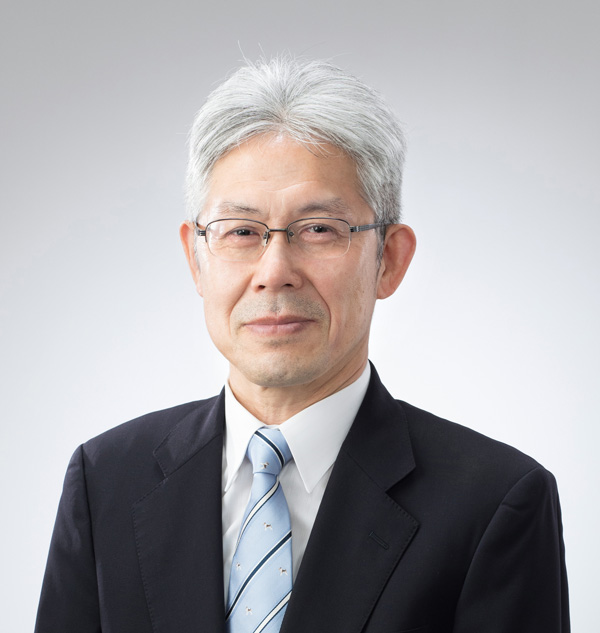
Kazuto Kobayashi
President of the 46th Annual Meeting of the Japan Neuroscience Society
(Department of Molecular Genetics, School of Medicine, Fukushima Medical University)
The 46th Annual Meeting of the Japan Neuroscience Society will be held at the Sendai International Center from August 1 (Tuesday) to 4 (Friday), 2023. It will be the first annual meeting in the Tohoku region in 26 years since the 20th annual meeting in 1997. Since then, various events have occurred both inside and outside Japan, including the Great East Japan Earthquake in 2011, as well as COVID-19, which emerged at the end of 2019, evolved into a global pandemic, and still continues to affect the world.
In such a turbulent social climate, Japanese neuroscience has made steady progress. For example, we have made remarkable progress in understanding the molecular mechanisms of neurogenesis and nerve regeneration, the molecular bases of neurotransmission and neuroplasticity, the structure and function of neural networks, the neural basis of higher brain function, and the pathogenesis of neurological and psychiatric disorders. We have also witnessed dramatic technological innovations supporting such progress, including multi-channel neural recording, diverse imaging technologies, genetic modification by viral vectors and genome editing, and applications for pluripotent stem cells. Furthermore, we are seeing increased research collaboration between neuroscience and many other fields. For example, we are now applying genomics, computational model, engineering approaches, AI, and humanities perspectives to the field of neuroscience. Neuroscience has now evolved into an integrated science that requires collaboration with multiple research fields to enable new discoveries. The field of neuroscience is expected to continue to develop rapidly in the future. There is an ever-increasing need for us to collaborate with researchers in other fields to promote our unique research and take on new research challenges, thereby creating new research areas and transforming the field of neuroscience.
Coincidentally, the Tanabata Festival, which is derived from an ancient Japanese star festival, will be held in Sendai soon after the 46th annual meeting. Through this association with the festival, the theme of the meeting is “Towards the Galaxy of Neuroscience.” In connection with this theme, I hope that the field of neuroscience will continue to produce as many brilliant research results as the countless stars shining in the galaxy. I also hope that we will pursue various useful activities that can lead to such results. Here in Sendai, we will promote a wide variety of activities, such as domestic and international information gathering, personnel interchange, international collaboration, interdisciplinary collaboration—including collaboration between basic and clinical research communities—as well as support for the activities of various researchers in consideration of diversity, the fostering of young researchers, and support for the application of research results for the benefit of society.
In addition to the annual meeting in Sendai, 2023 will also mark the 12th anniversary of the Great East Japan Earthquake. As the 12th anniversary approaches, the issue of mental health care during and after disasters is receiving a lot of attention, and related research is ongoing. We will hold a public lecture related to this topic as part of our organization’s outreach efforts.
Although we had initially considered holding the annual meeting in a hybrid format, we have decided to hold it on site only in light of the current social situation.
This will be a completely face-to-face meeting for the first time in four years.
We look forward to welcoming you on-site in Sendai!